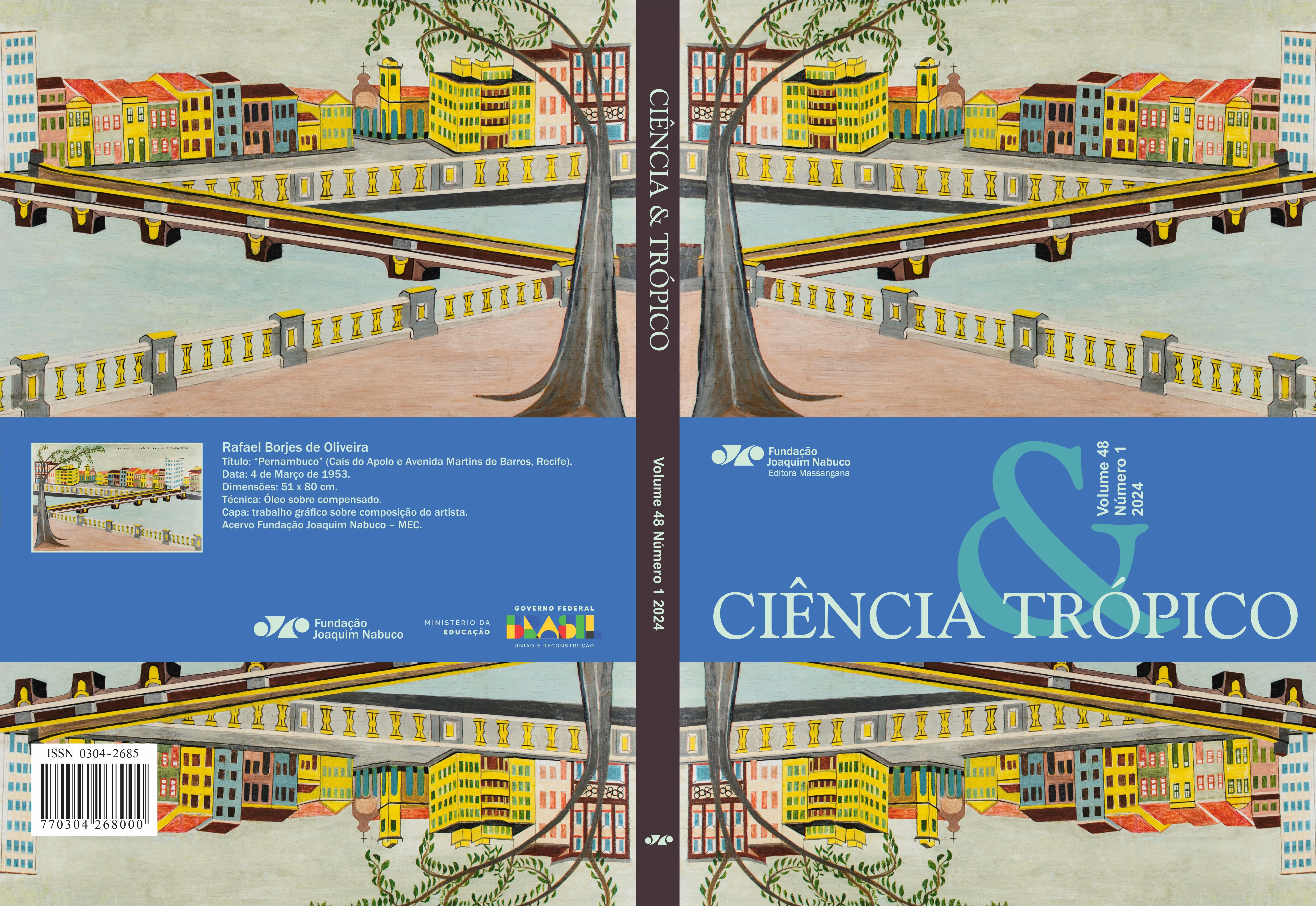The Recent Evolution of Artificial Intelligence
labor, social and regulatory implications
DOI:
https://doi.org/10.33148/CETROPv48n1(2024)2278Abstract
This text presents a literature review about the recent evolution of Artificial Intelligence (AI) and its labor, social and regulation implications. Understood as a continuation of the long historical process of automating productive activities, initiated by the first industrial revolutions, it represents humanity’s newest symbol of the computational frontier. The proximity to human intelligence differentiates it from other technologies, aggravating the adverse risks and the uncertain impacts whenever introduced. Unlike any other technological processes, its penetration into society branches is spreading at a speed and scale never observed before. The understanding of its scope is a complex and impossible task due to its greatness. Thus, this article addresses some of the most recent and iconic AI topics, such as its history and development; its impacts to the labor market (unemployment, Job Match and the new skills demanded from workers); its social consequences (income inequality and social inclusion) and the known forms to control its adverse impacts (government, syndical organizations and social dialogue). The broad conclusive syntheses is that, in the current state of knowledge, the AI advancements represents a major advance to humanity in the long run, however, in the short run, it reveals uncertain results to society, in terms of costs and/or benefits. Through this statement, it is not possible, to truthfully analyze the real economic and social changes caused by AI.
Keywords: Artificial Intelligence. Automation. Labor implications.
Downloads
Downloads
Published
How to Cite
Issue
Section
License
Copyright (c) 2024 José Paulo Zeetano Chahad, Tuffy Licciardi Issa

This work is licensed under a Creative Commons Attribution 4.0 International License.


